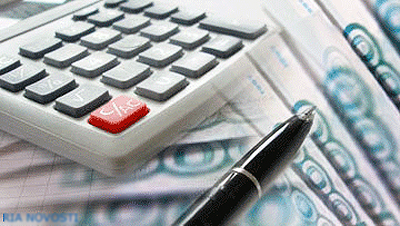Russia’s Middle Class Won’t Return to Pre-Crisis Spending – Report

(Moscow Times – themoscowtimes.com – Sam Skove – June 19, 2015)
Russia’s middle class is likely to continue to spend less even after the country’s economy recovers from its current crisis, a report said Thursday, in a trend that threatens to disrupt a once-key driver of Russian economic growth.
Russia’s economic crisis, triggered by low oil prices and Western sanctions over the Ukraine crisis, has seen Russians’ real incomes fall steeply, dropping 13.2 percent year-on-year in April, according to data from state statistics agency Rosstat.
As buying power drops, many middle-class Russians have trimmed their spending, according to a report released Thursday by multinational audit firm PricewaterhouseCoopers (PwC).
Just over 50 percent of consumers earning 30,000-50,000 rubles ($560-$940) a month and 53 percent of consumers earning 20,000-30,000 rubles ($370-$560) a month reported spending less on everyday goods over the last 12 months, according to PwC.
This change in spending habits will likely leave many middle-class Russians with a taste for cheaper brands even after Russia’s economic crisis ends, PwC said. The report cited cases seen across the EU following the 2008-09 financial crisis in which consumer spending shifted toward cheap, high-quality items over brand name ones.
PwC defines Russians earning more than 16,000 rubles ($300) but less than 50,000 ($940) per month as middle class.
Steadily rising consumer spending was a key engine of Russia’s rapid economic growth in the 2000s, and further spending cuts on the part of consumers could prolong the current economic contraction, which is forecast to hit about 3 percent this year.
Thirty-two percent of respondents in PwC’s survey reported spending less overall, 31 percent said they were buying less expensive items, 25 percent said they were now buying items on sale and 19 percent said they had switched to cheaper retailers.
Many Russians proved ready to give up some nonessential goods, with 66 percent saying they had cut spending on apparel and 50 percent saying they had curtailed spending on cosmetics, according to PwC.
The auditor based its results on a survey of 3,000 urban Russians. It did not provide a margin of error.
